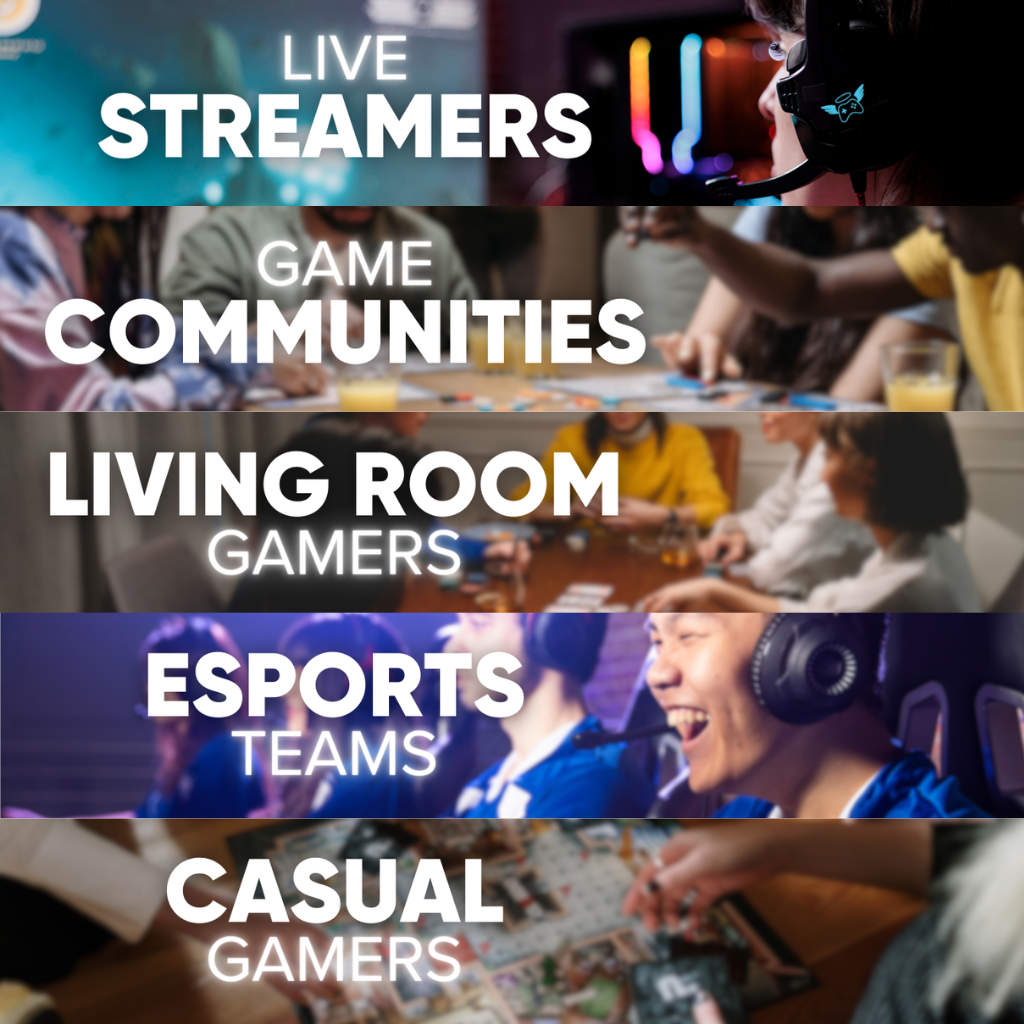Esports Trends on the Horizon
Video game competition has been a part of the hobby since the early days of the medium. Company’s like Atari hosted grand spectacle events that attracted thousands of people across the world. People competed to set high scores on popular titles. But things really didn’t start to coalesce into what might be recognized today as esports until the late 80s and early 90s when games like Mortal Kombat and Street Fighter II began fostering communities of players focused on besting one another directly in-game.
The growth of Street Fighter II in particular led to the establishment of the popular Evolution Championship Series that’s best known by its shortened name: EVO. While fighting games rose to prominence in North America, South Korean gamers latched onto the Real-Time Strategy (RTS) game StarCraft. The explosion of StarCraft’s popularity, due in part to an intense effort to create accessible and affordable broadband internet infrastructure across the country, likewise birthed a series of staple tournaments in the region that have since gone global. World Cyber Games, Intel Extreme Masters, Overwatch and Call of Duty leagues, many of the major esports organizations that we are familiar with today exist because of how people loved and gathered around games like Street Fighter II and StarCraft.
Esports was once predicted to be a passing fad that would fade into obscurity. Instead, it has become one of the fastest growing areas of the video game industry. In order to predict what’s coming, it’s most useful to look at what we have now and imagining what more of everything would look like.
Now we have hit a period where esports teams and organizations have diversified across the biggest games of our era and have begun taking cues from traditional sports. This can be seen in all kinds of subtle ways from the slick graphics packages used by various tournaments to the use of esports casters to translate the digital plays into more exciting and understandable language. Teams have been raking in sponsorships and have even begun doing outreach and charity work.
 Largely due to the way audiences have embraced of casual viewing of gaming as entertainment, Twitch rose to prominence. The platform is more popular than it has ever been, with both independent developers and Twitch itself constantly working to expand the flexibility of livestreaming. The democratization of those fancy graphics packages in the form of overlays for streams and handy extensions have been a huge boon to both streamers and esports organizations that survive on their viewerships. New developments in the technology push the boundaries of what’s possible for livestreaming. The recent release of Balanced’s Twitch extension The Omega Cluster, which allows members of a stream’s audience to play a game during the stream that is simultaneously fun and helping to advance cancer research.
Largely due to the way audiences have embraced of casual viewing of gaming as entertainment, Twitch rose to prominence. The platform is more popular than it has ever been, with both independent developers and Twitch itself constantly working to expand the flexibility of livestreaming. The democratization of those fancy graphics packages in the form of overlays for streams and handy extensions have been a huge boon to both streamers and esports organizations that survive on their viewerships. New developments in the technology push the boundaries of what’s possible for livestreaming. The recent release of Balanced’s Twitch extension The Omega Cluster, which allows members of a stream’s audience to play a game during the stream that is simultaneously fun and helping to advance cancer research.
Esports Teams Supporting Children’s Miracle Network Hospitals
The Arizona Coyotes represent a further evolution of where esports seem to be headed. The ice hockey team helped to create Phoenix Children’s Esports Showcase Fundraiser in which local companies donated prizes and tournament entrants made donations to the local children’s hospital. More teams from traditional sports are doubling up and expanding into esports, too.
The Play It Forward Esports Tournament stands as another example. Featuring Michael Irvin and the reigning Madden NFL champ Drini Gjoka, it brought the physical and digital world together in a livestream event that included the kids and families at Children’s Health Dallas. Viewers of the tournament livestream were able to donate to Extra Life, with 100% of those donations going to renovate the hospital’s emergency room.
The Utah Jazz NBA team has an official esports team called Jazz Gaming that worked with Extra Life throughout 2019 to go into Primary Children’s Hospital and play games with kids. The team even brought some of the kids to their basketball court to play NBA 2K19 on portable gaming stations and even on the colossal jumbo-tron screen.
The esports organization Complexity was founded in 2003 and now includes the owner of the Dallas Cowboys on its team of owners. Complexity came out in support of Extra Life in a big way last year, sending players to meet and play with kids at Children’s Miracle Network Hospitals, having players appear on the Game Day livestream, and had all of its players use Twitch extensions to raise money from the team’s fans while streaming. The sophistication of that sort of partnership just wouldn’t have been possible even five years ago.
If you want to experience one of these events for yourself and you happen to live near the Cox Convention Center in Oklahoma City, you can! The OKC Blue NBA team will be teaming up with Extra Life to host the 1UP Open on February 29th, supporting Children’s Hospital Foundation.

Four different tournaments will be held as a part of the event, one in each of the following: Super Smash Bros. Ultimate, Tekken 7, NBA 2K20 and Rocket League. The tournament will last all day and conclude with an OKC Blue game against the Iowa Wolves. You can register for the 1UP Open by going to: https://www.nba.com/thunder/extralife
Don’t forget to sign up for Extra Life to help sick and injured kids in hospitals around the US and Canada by playing games!






